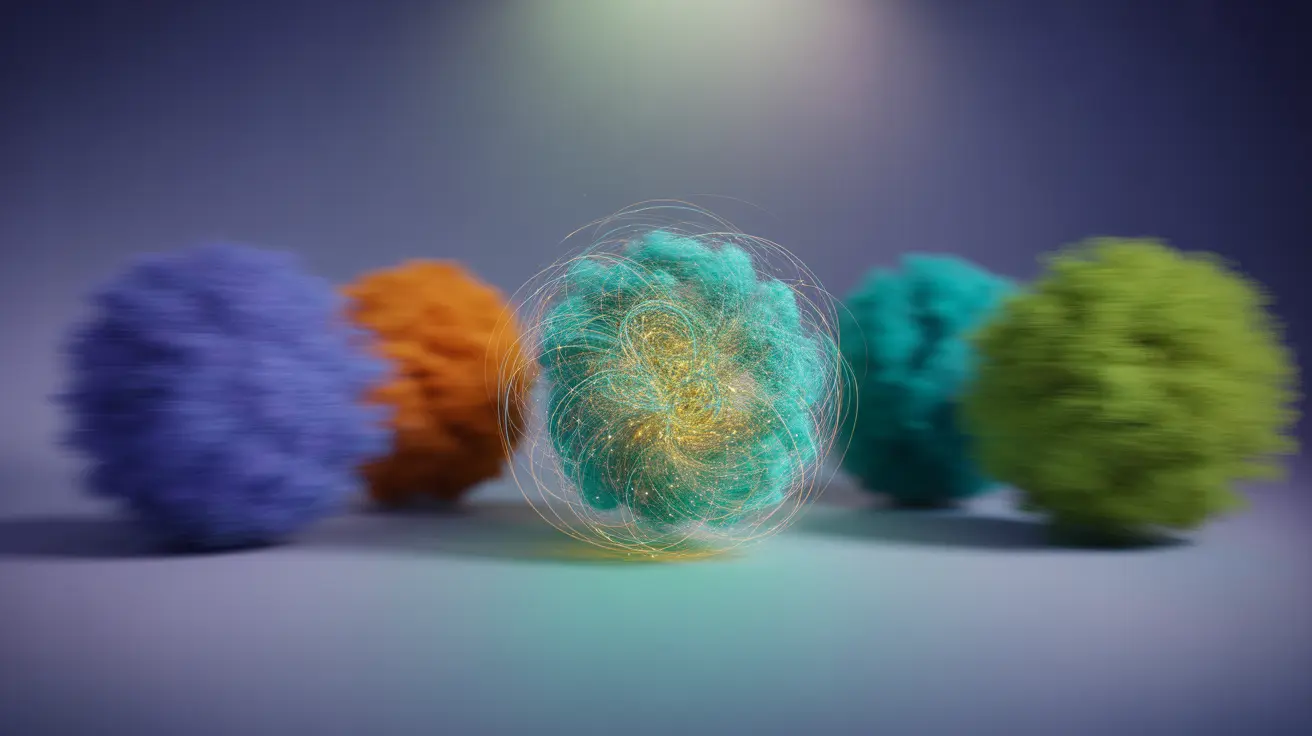Attention Deficit Hyperactivity Disorder (ADHD) affects how people process and respond to their environment, including visual information. One fascinating aspect of ADHD is its relationship with inattentional blindness – a phenomenon where individuals fail to notice unexpected objects or events in their visual field while focusing on something else.
Recent research has unveiled surprising insights into how people with ADHD experience and process visual information differently from those without the condition. Understanding these differences is crucial for both medical professionals and individuals affected by ADHD.
What is Inattentional Blindness?
Inattentional blindness occurs when a person fails to notice an unexpected stimulus that is in plain sight while their attention is focused on another task. This phenomenon isn't unique to ADHD – it's a common human experience that affects everyone to some degree. However, the relationship between ADHD and inattentional blindness presents some intriguing patterns.
The ADHD Visual Processing Experience
People with ADHD often process visual information differently from those without the condition. Their attention patterns can lead to unique experiences with visual processing, including:
- Heightened awareness of peripheral events
- Difficulty maintaining sustained attention on specific visual tasks
- Enhanced ability to notice unexpected changes in some situations
- Challenges with filtering relevant visual information
Research Findings on ADHD and Visual Attention
Contrary to what many might expect, some studies suggest that individuals with ADHD may actually be better at noticing unexpected events in certain situations. This enhanced awareness might be related to their tendency to process information more broadly rather than maintaining narrow focus.
Research has shown that people with ADHD often exhibit:
- More frequent attention shifts
- Greater sensitivity to environmental changes
- Different patterns of visual scanning
- Unique neural activation during visual attention tasks
Impact on Daily Life
The relationship between ADHD and visual attention can affect various aspects of daily living, including:
- Academic performance
- Driving safety
- Social interactions
- Workplace efficiency
- Sports and physical activities
Managing Visual Attention Challenges
Several strategies can help individuals with ADHD better manage visual attention challenges:
- Creating structured visual environments
- Using visual aids and organizers
- Taking regular breaks during visually demanding tasks
- Implementing mindfulness techniques
- Working with occupational therapists when needed
Frequently Asked Questions
What is inattentional blindness and how does it affect people with ADHD?
Inattentional blindness is the failure to notice visible objects or events when attention is focused elsewhere. In people with ADHD, this phenomenon can manifest differently, sometimes resulting in enhanced awareness of unexpected events due to their broader attention patterns.
Can individuals with ADHD notice unexpected visual events better than those without ADHD?
Research suggests that in some cases, people with ADHD may actually be better at noticing unexpected visual events due to their tendency to process information more broadly and shift attention more frequently than those without ADHD.
Is "ADHD blindness" a real condition or just a myth?
"ADHD blindness" isn't a medical condition but rather refers to the unique way individuals with ADHD process visual information and attention. It's not actual blindness but rather differences in visual attention and processing.
How does inattentional blindness differ from other attention or vision problems in ADHD?
Inattentional blindness is a specific phenomenon related to not noticing visible objects when attention is directed elsewhere, while other ADHD-related vision issues might involve difficulties with sustained focus or visual processing speed. These are distinct but potentially related challenges.
What does current research say about the ability of people with ADHD to detect surprises in their visual environment?
Current research indicates that people with ADHD may have enhanced ability to detect unexpected changes in their environment due to their more fluid attention patterns and broader processing style. This can be both an advantage and a challenge depending on the situation.




